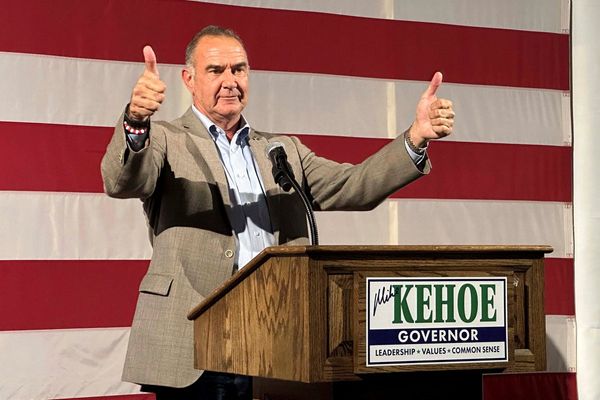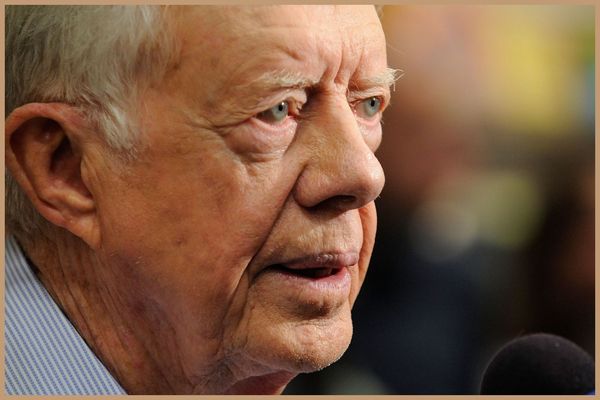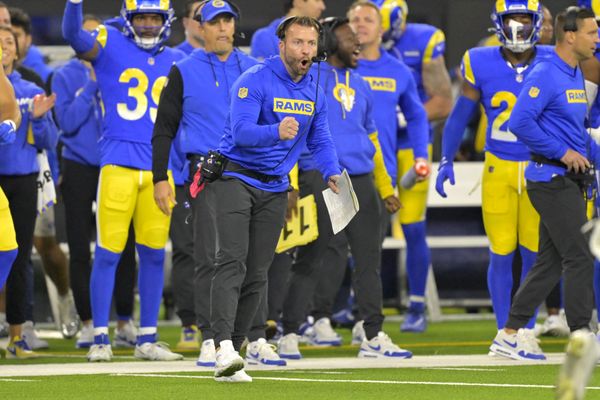
Being part of Australia’s community of 120,000 Jewish people, I’ve observed that many Australians show a sincere interest in and respect for my religion. Many times I am the first Jewish person they have met, and people often have thoughtful questions about my faith and Judaism’s history.
During my time at university, one of the most effective ways to break down stereotypes was through heart-to-heart conversations. While studying, I began my journey into interfaith work, giving talks to groups of leaders and even spending time at a camp. I was eager to dive into conversations and get to know people better, learning about their beliefs and backgrounds.
In 2019, when I was offered the chance to become a young female member of the Faith Communities Council of Victoria (FCCV) board, I eagerly accepted the opportunity. Established in 2010, the FCCV is Victoria’s umbrella multifaith body, and its mission is to “contribute to the harmony of the Victorian community by promoting positive relations between people of different faiths and greater public knowledge and mutual understanding of the teachings, customs and practices of Victoria’s diverse faith traditions”.
I joined the board just before the COVID pandemic, and I was struck by the thoughtful and intelligent people around the table. As a representative of the Jewish faith, I met other faith leaders who were Christian, Muslim, Sikh, Jain, Buddhist and Hindu. There was no shortage of things for us to talk about.
The FCCV meetings were always enlightening, respectful and fulfilling. It felt meaningful to belong to a group that cared about harmony and tolerance between all Australians, and I was always happy to contribute. At one point, the FCCV proposed that I assume the role of the organisation’s president, although I had to decline due to my limited availability.
Over the past few years, I started attending FCCV meetings less frequently, even though my dedication to the organisation’s success remained unwavering. Juggling a busy life with small children made some meetings a bit challenging, but I held on to my board position because I truly believed in the organisation’s mission.
This week, however, I resigned from the FCCV.
Despite the organisation having addressed various political and sensitive issues, it has remained silent on the events in Israel on October 7. On that day, Hamas militants breached the border fence, resulting in the brutal killing of hundreds of Israeli civilians in their homes in Southern Israel.
As hundreds of Jewish individuals were tragically murdered in Kibbutzim by terrorists, the organisation I had deep faith in chose to stay quiet. To date, it has not offered a single public word in response, and not one person from the organisation has reached out to me privately either.
I understand that the Israeli-Palestinian conflict is complicated and that there are many sensitivities, particularly among people who are uncomfortable with Israel’s treatment of the Palestinian people in Gaza. Nevertheless, as a progressive Jewish person, it’s untenable to stay within an interfaith group that remains mute in the face of the largest single-day loss of Jewish lives since the Holocaust. The essence of interfaith groups is to provide support for all their members. How can an organisation committed to fostering tolerance and harmony fail to stand by its Jewish members in a time of crisis?
I’m neither an Israeli citizen nor a resident of Israel, but I firmly believe that expressing solidarity with the Jewish people after the horrific murder of hundreds of Jewish civilians is far from controversial. Jewish history is marred by deep trauma and a legacy of oppression and anti-Semitism.
Most Jewish people I know have a very close connection to someone who was murdered in Southern Israel. We aren’t a particularly large people, and Jewish communities are tight-knit. My sister-in-law’s cousin, Adi Kaploun-Vital, was murdered in front of her two children on her Kibbutz.
When I wrote my resignation letter, I received a response from the FCCV that it had not yet released a statement, almost three weeks on from Hamas’ rampage, because “the way our organisation is set up, we can only release statements if all organisations agree — in this case we could not get unanimous support”.
Such a response is morally bankrupt. As a Jewish person, my voice is no less significant than that of any other minority, and I fully support showing solidarity with all suffering communities, including Palestinians.
Yet during our moment of urgent need, Jewish people frequently encounter dismissive responses such as “it’s complicated”, “it’s sensitive” or, worst of all, silence.
In the wake of Jewish voices being sidelined and our distress unacknowledged, I stand at a crossroads of belief in interfaith work. This disappointment marks a seismic shift in my views, and it begs the question: can we truly foster harmony and understanding when some are left in silence and darkness?







